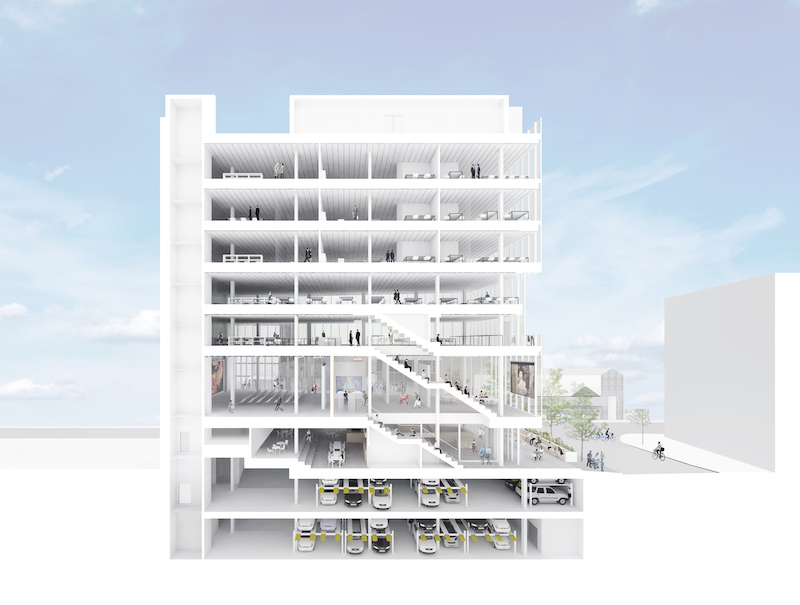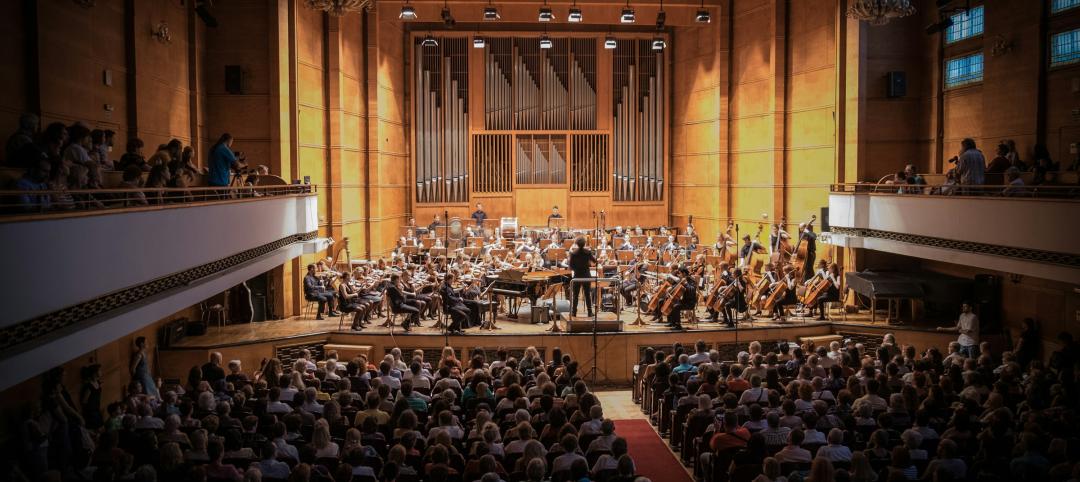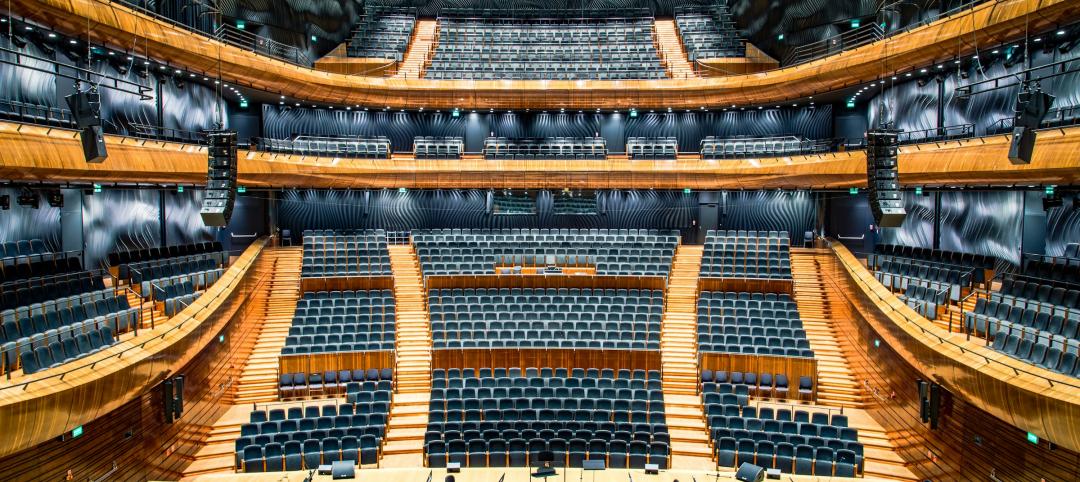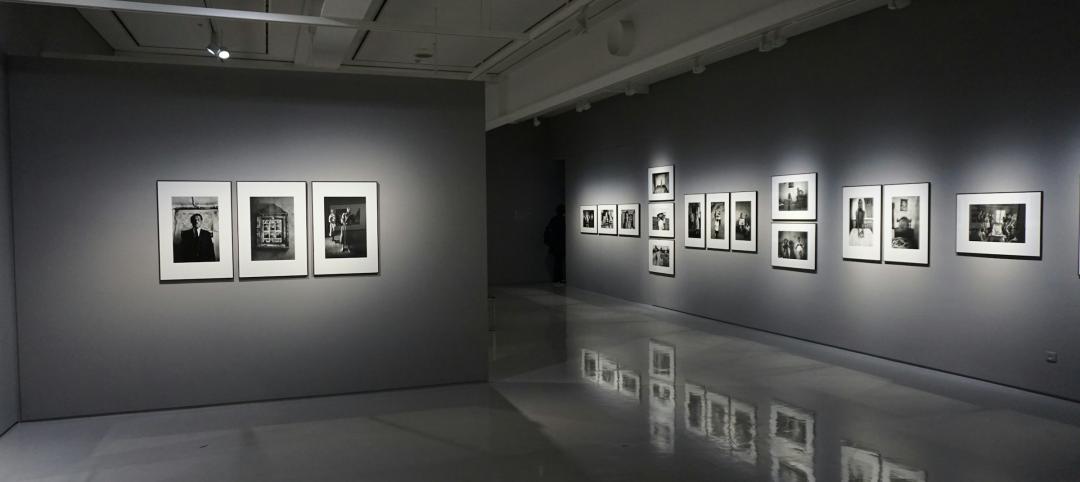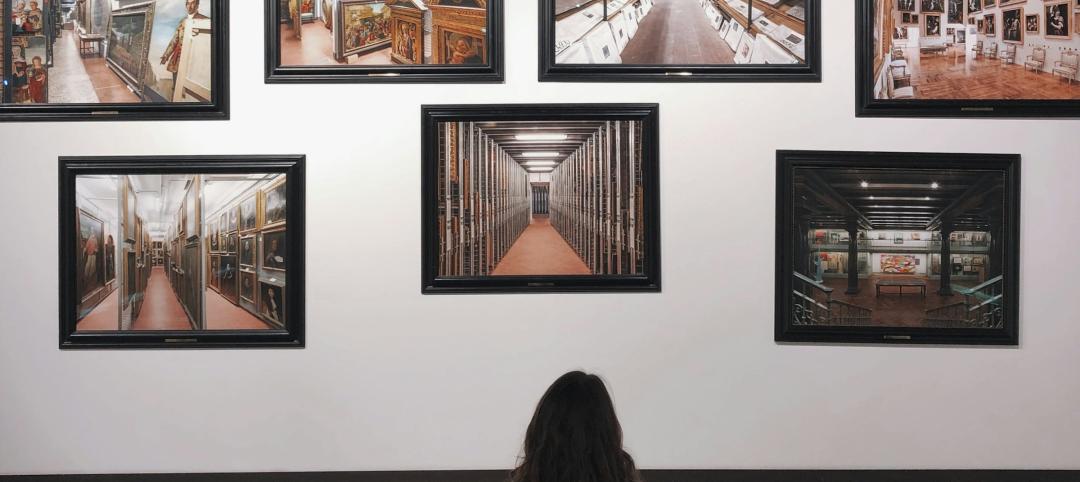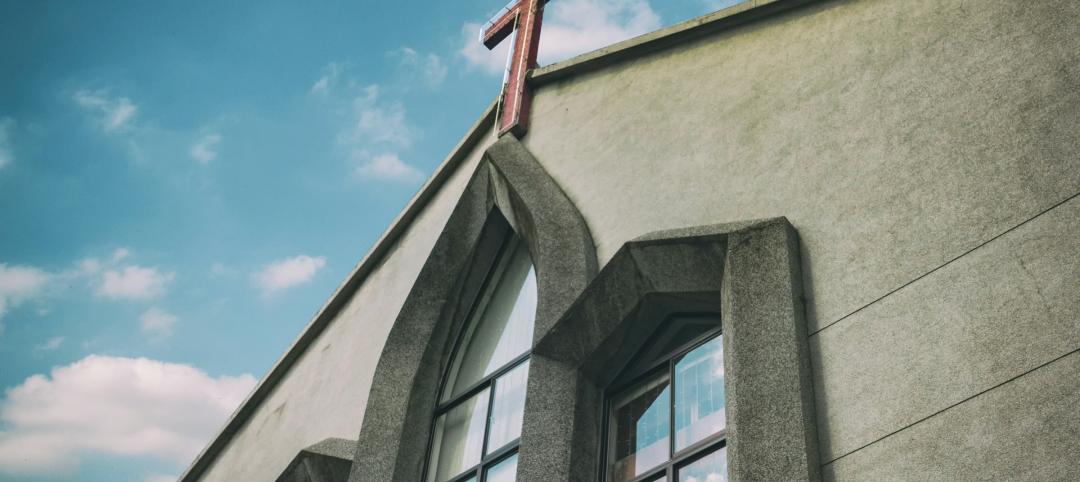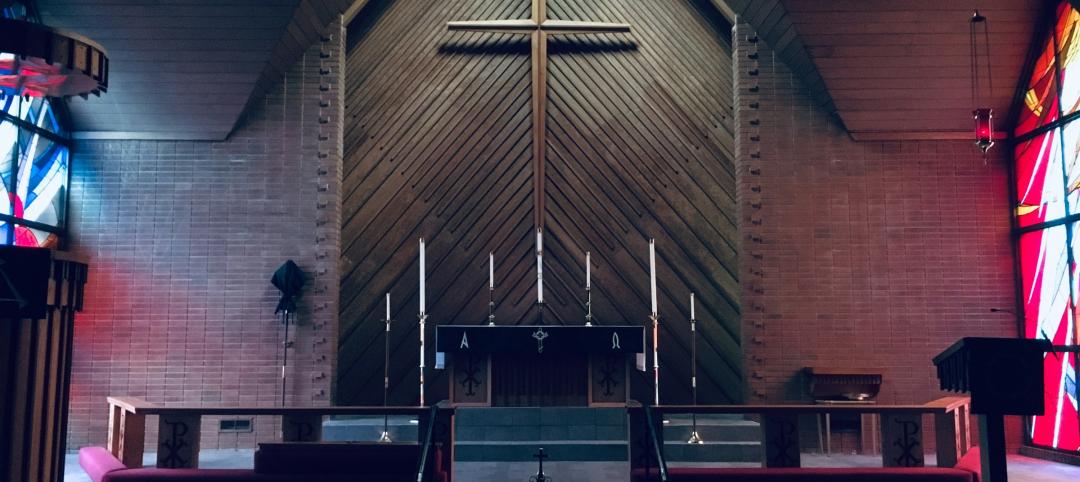Hartford, Conn.-based JCJ Architecture traces its roots to 1936, when the U.S. was just coming out of an economic depression and its unemployment rate was still 14%. In 2021, with the country trying to recover economically from the impact of the coronavirus, and with questions about social inequity entering the public debate as rarely before, JCJ has focused its design work on projects and clients that are committed to social responsibility and advocacy, particularly for underserved or marginalized communities.
The firm that is 100% owned by its 120-plus employees, JCJ has a “long history” of designing buildings for people in need, says Peter Bachmann, a Principal. Over the years, that work has included senior living, public schools, and working with Native American tribes. More recently, a “natural progression” for the firm, says Bachmann, has been to seek design work that benefits immigrants and people with disabilities.
PROJECTS THAT WILL LEND HELP TO MARGINALIZED
Bachmann points to three projects in various stages of development that he says illustrate his firm’s commitment:
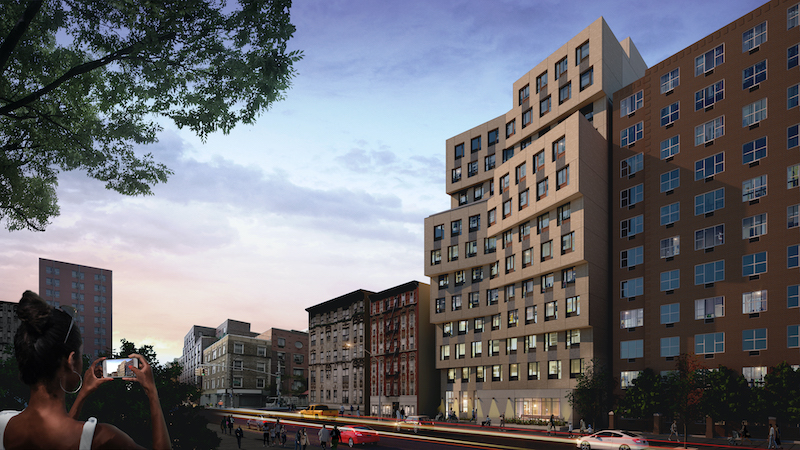 A rendering of the Freedom Village that would provide housing for the physically disabled adults.
A rendering of the Freedom Village that would provide housing for the physically disabled adults.
• JCJ has been working with Barrier Free Living, which provides emergency shelter for victims of domestic violence, to design a “Freedom Village” on the Lower East Side of Manhattan that will provide temporary and supportive housing for adults with significant physical disabilities. The construction documents have been completed for this project, whose construction could get started this summer, Bachmann says.
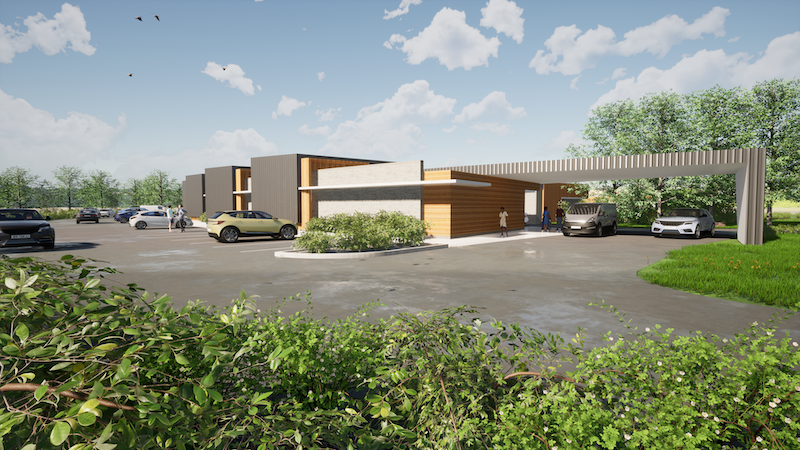 Ohio intends to roll out 10 Adult Advocacy Centers for which JCJ designed the prototype.
Ohio intends to roll out 10 Adult Advocacy Centers for which JCJ designed the prototype.
• The construction documents are also ready for a prototype facility JCJ designed for Adult Advocacy Centers, a disability victim services agency. The resulting building would be the first of its kind to serve adult crime victims with disabilities. The prototype—part of a 10-center rollout in Ohio that’s been on hold because of the COVID 19 outbreak—is composed of five pods, each strategically designed to support different categories of disability: hearing and visual impairments, mental illness, physical mobility, and clients in crisis or with intensive medical needs.
Bachmann spoke of “trauma-informed design” that, in the prototype, accounts for residents’ psychological sensitivity to light, sound, and movement. For example, the single-story building’s windows are above eye level so that residents aren’t startled by people they might see on the street. The design also avoids skylights so that birds flying overhead don’t alarm fragile residents.
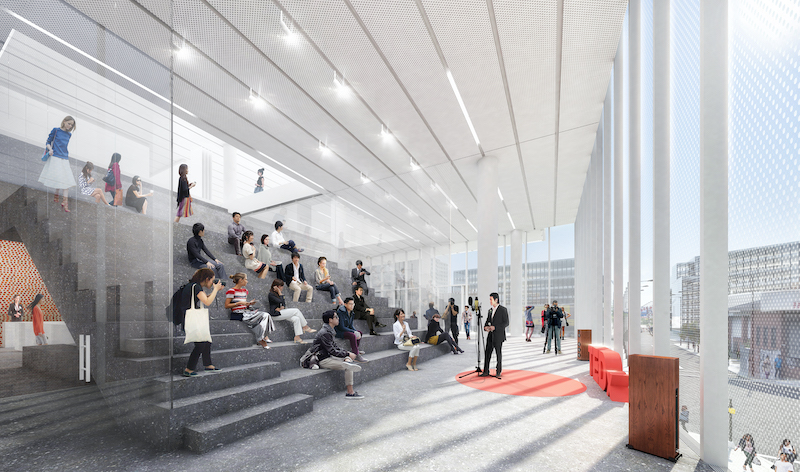 The Center for Community & Entrepreneurship will include a first-floor incubation space.
The Center for Community & Entrepreneurship will include a first-floor incubation space.
• The Asian Americans for Equality has enlisted JCJ to design its Center for Community & Entrepreneurship, a 65,000-sf, four-story building in Flushing, Queens, the New York borough with the city’s largest Asian population. The Center’s first floor will include incubator space for startup businesses and a mini food hall. The upper three floors will provide casual and formal meeting and training rooms. The goal of this building—whose construction docs are completed—is to provide spaces that support individual interaction, community events, retail and office opportunities, and a social services hub.
LOCAL SUPPORT, IN DIFFERENT WAYS
Bachmann says that community involvement has been central to the success of these projects. “We can never presume to know the skin that someone is living in,” he explains. “We don’t just come in and tell clients what to do. We support social change by giving different populations a voice in the design of facilities. We listen and try to ask the right questions.”
JCJ is involved in its communities in other ways, too. It is a supporter of the ACE Mentor program, which educates high school students about AEC careers. Each of the firm’s offices also makes cash donations local charities.
On a personal level, Bachmann says he’s gained “a better understanding” about how design can impact people in need from his 31-year-old daughter Maya, who is intellectually disabled.
Related Stories
Giants 400 | Feb 8, 2024
Top 40 Performing Arts Center and Concert Venue Engineering Firms for 2023
KPFF Consulting Engineers, Morrison Hershfield, ME Engineers, Thornton Tomasetti, and Arup top BD+C's ranking of the nation's largest performing arts center and concert venue engineering and engineering/architecture (EA) firms for 2023, as reported in Building Design+Construction's 2023 Giants 400 Report.
Giants 400 | Feb 8, 2024
Top 60 Performing Arts Center and Concert Venue Architecture Firms for 2023
Populous, DLR Group, Gensler, HGA, and Perkins Eastman top BD+C's ranking of the nation's largest performing arts center and concert venue architecture and architecture/engineering (AE) firms for 2023, as reported in Building Design+Construction's 2023 Giants 400 Report.
Giants 400 | Feb 8, 2024
Top 40 Museum Construction Firms for 2023
Turner Construction, Clark Group, Bancroft Construction, STO Building Group, and Alberici-Flintco top BD+C's ranking of the nation's largest museum and gallery general contractors and construction management (CM) firms for 2023, as reported in Building Design+Construction's 2023 Giants 400 Report.
Giants 400 | Feb 8, 2024
Top 40 Museum Engineering Firms for 2023
Arup, KPFF Consulting Engineers, Alfa Tech Consulting Engineers, Kohler Ronan, and Thornton Tomasetti top BD+C's ranking of the nation's largest museum and gallery engineering and engineering/architecture (EA) firms for 2023, as reported in Building Design+Construction's 2023 Giants 400 Report.
Giants 400 | Feb 8, 2024
Top 70 Museum Architecture Firms for 2023
SmithGroup, Gensler, Ayers Saint Gross, Quinn Evans, HGA, and Cooper Robertson head BD+C's ranking of the nation's largest museum and gallery architecture and architecture/engineering (AE) firms for 2023, as reported in Building Design+Construction's 2023 Giants 400 Report.
Giants 400 | Feb 6, 2024
Top 40 Religious Facility Construction Firms for 2023
Crossland Construction, Haskell, Big-D Construction, Whiting-Turner, and JE Dunn Construction top BD+C's ranking of the nation's largest religious facility general contractors and construction management (CM) firms for 2023, as reported in the 2023 Giants 400 Report.
Religious Facilities | Feb 6, 2024
Top 50 Religious Facility Engineering Firms for 2023
KPFF Consulting Engineers, Wiss, Janney, Elstner Associates, Langan, Kimley-Horn, and Morrison Hershfield top BD+C's ranking of the nation's largest religious facility engineering and engineering/architecture (EA) firms for 2023, as reported in the 2023 Giants 400 Report.
Giants 400 | Feb 6, 2024
Top 80 Religious Facility Architecture Firms for 2023
Parkhill, FGM Architects, GFF, Gensler, and HOK top BD+C's ranking of the nation's largest religious facility architecture and architecture engineering (AE) firms for 2023, as reported in the 2023 Giants 400 Report.
Museums | Jan 30, 2024
Meier Partners' South Korean museum seeks to create a harmonious relationship between art and nature
For the design of the newly completed Sorol Art Museum in Gangneung, South Korea, Meier Partners drew from Korean Confucianism to achieve a simplicity of form, material, and composition and a harmonious relationship with nature. The museum is scheduled to open on February 14. It is the firm’s first completed project since restructuring as Meier Partners.
Sponsored | BD+C University Course | Jan 17, 2024
Waterproofing deep foundations for new construction
This continuing education course, by Walter P Moore's Amos Chan, P.E., BECxP, CxA+BE, covers design considerations for below-grade waterproofing for new construction, the types of below-grade systems available, and specific concerns associated with waterproofing deep foundations.


